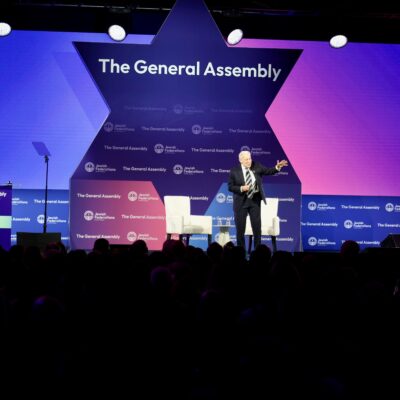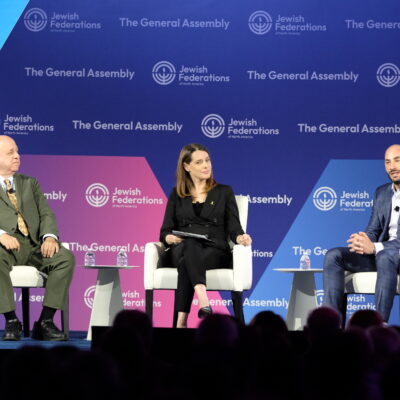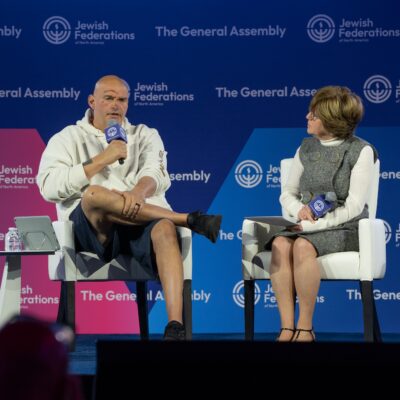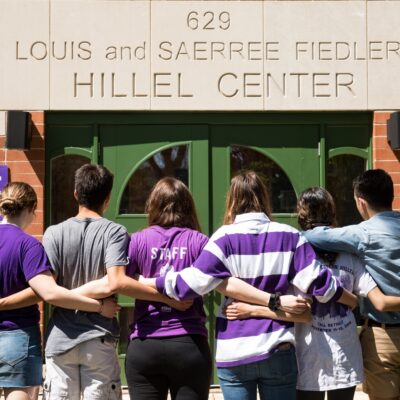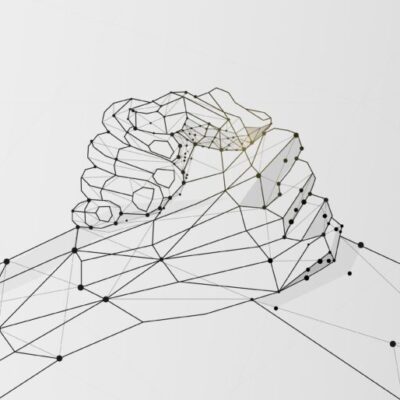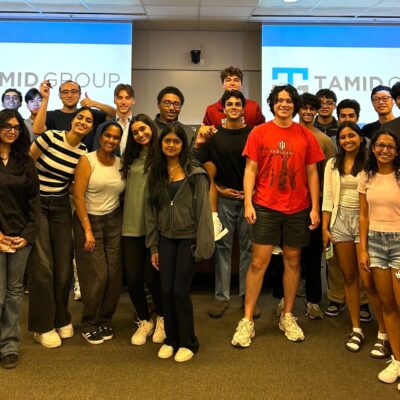Keep Dreaming: When the Greeks Saved Hanukka
by David Breakstone
First and foremost, my heart goes out to the loved ones of those who were lost in the inferno that is still burning. And it bleeds for those whose lives have been devastated by the disaster.
But my head is also reeling, and it is telling me that we can’t wait for the traditional period of mourning to end before attempting to extricate an ember of import from the cinders of this Hanukka season. All of Israel is asking how we can continue kindling the festival lights, celebrating a miracle that occurred “in those days at this time” while overwhelmed by the enormity of the tragedy that has befallen us today.
The answer begins with recognizing that the flames that have extinguished lives, destroyed homes, and consumed forests have also belied assorted myths that we had best relinquish, for they have not served us well.
The myth of “we are invincible.” Ever since emerging victorious from the Six Day War, there is a certain bravado that characterizes the way in which we conduct ourselves. We believe we cannot be vanquished and dismiss any suggestion that we face an existential threat to our survival. We are of that generation privileged to be taking part in the miracle of return to the ancestral homeland; it is inconceivable that we might also be of a generation cursed with the retribution of exile. But when we find ourselves unable on our own even to douse a fire presumed to have been sparked by the negligence of two careless minors, it is time that we replace our air of audacity with ways of humbleness.
It is also time to turn our backs on another myth… The myth of “to hell with what the world thinks.”
If ever our bravado falters, it is quickly held up by our sense of arrogance. Too often too many of us dismiss the importance of public diplomacy, of making friends, of taking into consideration what others think. Since “we’re right and they’re wrong, and as they hate us anyway,” we feel justified in forging ahead with whatever we believe is our (Godgiven?) right to do, pursuing our own self-interests – which, unfortunately, we far too often define far too narrowly.
But this time, in the most unfortunate of circumstances, we discovered that we are not quite as alone in the world as we sometimes seem to take a perverse pleasure in believing we are. Even as we were reciting our prayers rejoicing in the Maccabean victory over the evil Greek empire, a far more friendly incarnation of this regional neighbor was the first to respond to our call for our help in battling the blaze on the Carmel. Who could have imagined the irony of it being the Greeks who would save Hanukka? In any case, the overwhelmingly munificent response to our call for assistance, issued when we realized that we cannot always manage on our own, suggests that there is good reason to care about world opinion.
It’s time we come to understand that even if we really are right, being right doesn’t always mean it’ll be all right, which brings us to the next myth we need abandon.
The myth of “it’ll be all right.” Yih’yeh b’seder. We love to improvise in this country. We pride ourselves on our ability to make things happen at the last minute, cobbling together solutions to problems that might have been avoided altogether had we only prepared ourselves properly. But the slick and skilled illusionists among us scoff at advance planning, seeing it as a weakness of the less audacious and the less inventive. The truly competent can afford to live the moment, as they are resourceful enough to wangle their way through any predicament the future might bring.
But in just the last few years we have found ourselves not only dreadfully unprepared for the Second Lebanon War, but also running out of water, and now, tragically without the means to combat a forest fire. One can only begin to imagine the enormity of devastation we might expect in the wake of an earthquake – not to mention a coordinated frontal attack on our sovereignty.
How many times will we have to find ourselves unprepared before we realize that it is impossible to live by the catchphrase “it’ll be all right,” and that being caught unawares is no longer the exception but the rule of life in Israel? The time is long overdue that we that we demand accountability – from ourselves and from our public servants – and reject vague assurances that things will somehow work out.
The Haftarah reading for Shabbat Hanukka includes the verse that the rebuilding of our homeland will be achieved “not by might and not by power but by My spirit.”
Our might and our power now having been exposed for what they are, it is a phrase we had best take to heart. As we continue to kindle the Hannuka lights, we can pay our respects to the victims of the current conflagration, as well as to the heroes of our history, by surrendering the false sense of potency afforded by these myths, assuming instead the genuine strength of a spirit nourished by humility, modesty, and responsibility.
David Breakstone is vice chairman of the World Zionist Organization and a member of the Jewish Agency Executive; published courtesy of the author.

 Add EJP on Google
Add EJP on Google

